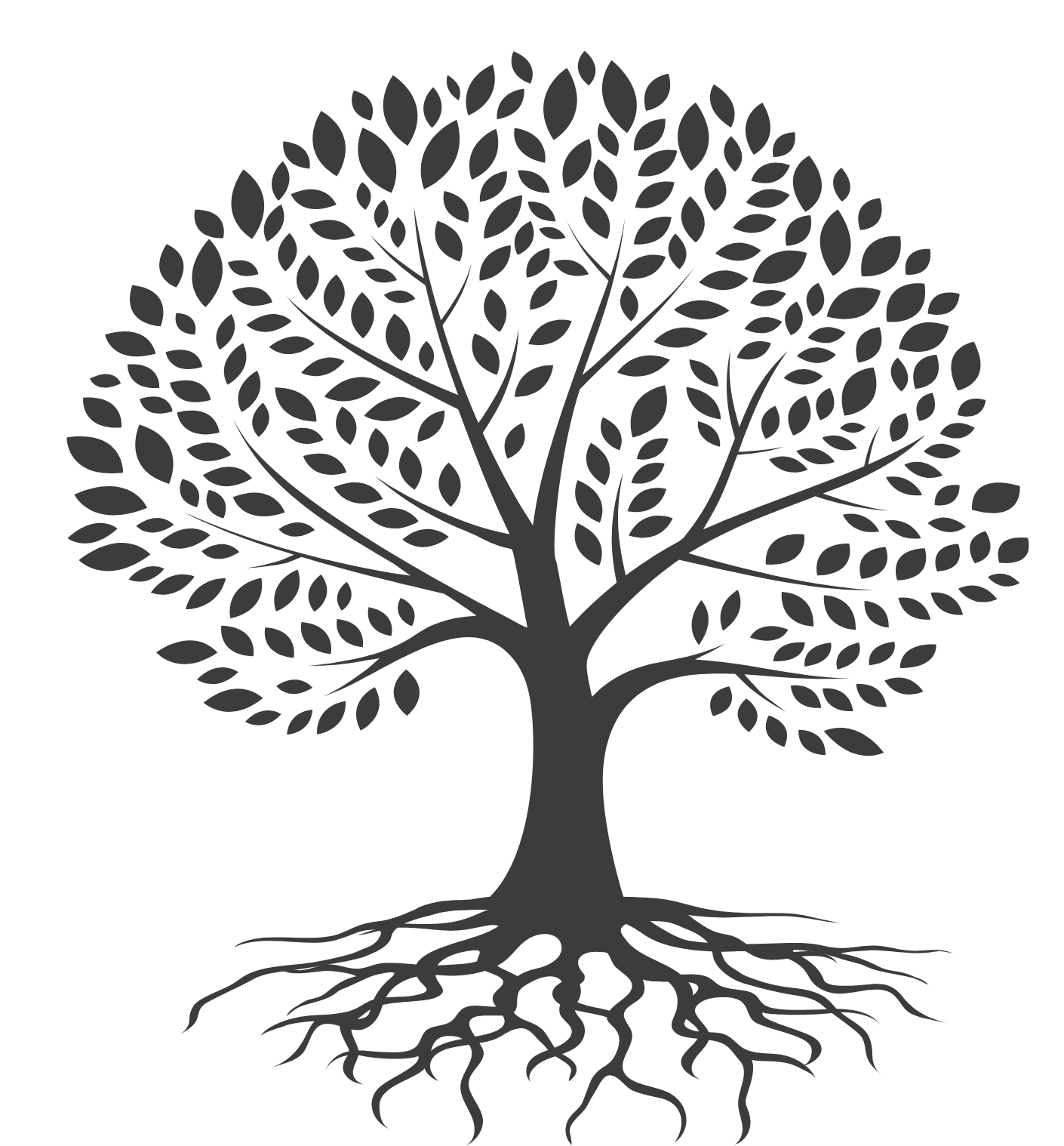Uncovering Hereditary Cancer Syndromes Through Genealogy Research
Genealogy has long been about tracing family lines and discovering the stories of our ancestors. But today, it’s also stepping into the realm of health, offering insights into patterns that may affect our well-being. One area where genealogy can play a particularly important role is in identifying hereditary cancer syndromes. These syndromes are gene mutations passed down through generations that increase the risk of certain cancers. With careful genealogical research, you can trace potential health risks across your family tree, arming you and your loved ones with valuable information for better health decisions.
Why Genealogy is a Powerful Tool for Health
One of genealogy’s hidden powers lies in its ability to highlight health patterns, like cancer, that may emerge across generations. The growing availability of historical records and advancements in genetic testing now make it possible to combine genealogical and medical knowledge. By creating detailed family trees and documenting health information where available, you can uncover trends in certain cancers, giving you clues that may lead to early detection or prevention.
For example, identifying cases of breast, ovarian, or colorectal cancers occurring in multiple generations could point to a hereditary cancer syndrome such as BRCA-related breast cancer or Lynch syndrome. These genetic mutations increase cancer risk, and their identification could motivate family members to pursue genetic testing or adopt proactive screening routines. Genealogy research is particularly useful here, as family histories often reveal the potential presence of these syndromes well before symptoms appear.
Steps for Using Genealogy to Investigate Hereditary Cancer Syndromes
- Document Health Information: Begin by gathering information from as many family members as possible. Note diagnoses, ages at diagnosis, and other details, especially for cancer and other serious health conditions. The more data you collect, the clearer your family health landscape will be.
- Build a Comprehensive Family Tree: Create a detailed family tree extending to at least three generations, if possible, noting any recurring cancers or age patterns in their occurrence. Tools like MyHeritage and FamilySearch can assist in organizing your family history alongside health information.
- Consult Genetic Counselors and Health Professionals: If your genealogy research reveals a significant pattern, consider consulting with a genetic counselor. They can help assess your family’s cancer risk and recommend genetic testing where appropriate. Genetic counselors are valuable allies in interpreting the complex interplay between inherited genes and cancer risk.
- Collaborate on Family Health Histories: Encourage family members to share their health history as well. With everyone’s input, you can create a more accurate picture of hereditary conditions in your family. These discussions may even lead to early diagnosis for some family members and preventive care strategies for others.
Key Hereditary Cancer Syndromes to Know
- BRCA1 and BRCA2 Mutations: These genetic mutations are linked to increased risks of breast and ovarian cancer. Tracing cases of these cancers within a family can reveal BRCA-related hereditary syndromes.
- Lynch Syndrome: Often associated with colorectal cancer, Lynch syndrome can also increase the risk of endometrial and other cancers. Family histories showing early-onset colorectal cancer may indicate a need to investigate this syndrome.
- Li-Fraumeni Syndrome: This rare syndrome involves a mutation in the TP53 gene and is linked to various types of cancer, including breast cancer, sarcomas, and adrenal gland cancers, often at a young age.
Ethical Considerations in Health-Based Genealogy Research
Genealogical research in health isn’t just about following paper trails; it’s a deeply personal journey that affects real lives. Privacy and sensitivity are essential, as sharing health information can be a vulnerable experience for many family members. It’s best to ensure that everyone understands and consents to how the information will be used, especially if it may impact their medical decisions. Many people also find solace in knowing that this information is ultimately empowering—knowledge that could save lives and improve family health outcomes.
How Genealogy Helps in Modern Cancer Research
The fascinating link between genealogy and medicine is now gaining momentum in research. Institutions like the National Institutes of Health (NIH) and various cancer research centers use genetic and family data to understand cancer's hereditary aspects. By contributing your family’s health data to such studies, you can support the wider scientific community in discovering new treatments and potentially preventive measures for hereditary cancers.
Final Thoughts
Genealogy opens doors to not just our past but our future. Tracing hereditary cancer syndromes is a groundbreaking way to leverage family history for health, giving you insights that could lead to life-saving measures. Through genealogy, we gain not only a deeper understanding of our ancestors but also the power to protect future generations. As you delve into family research, remember the profound impact this knowledge could have on your family’s health journey—transforming your family tree into a roadmap toward wellness and prevention.



Comments ()